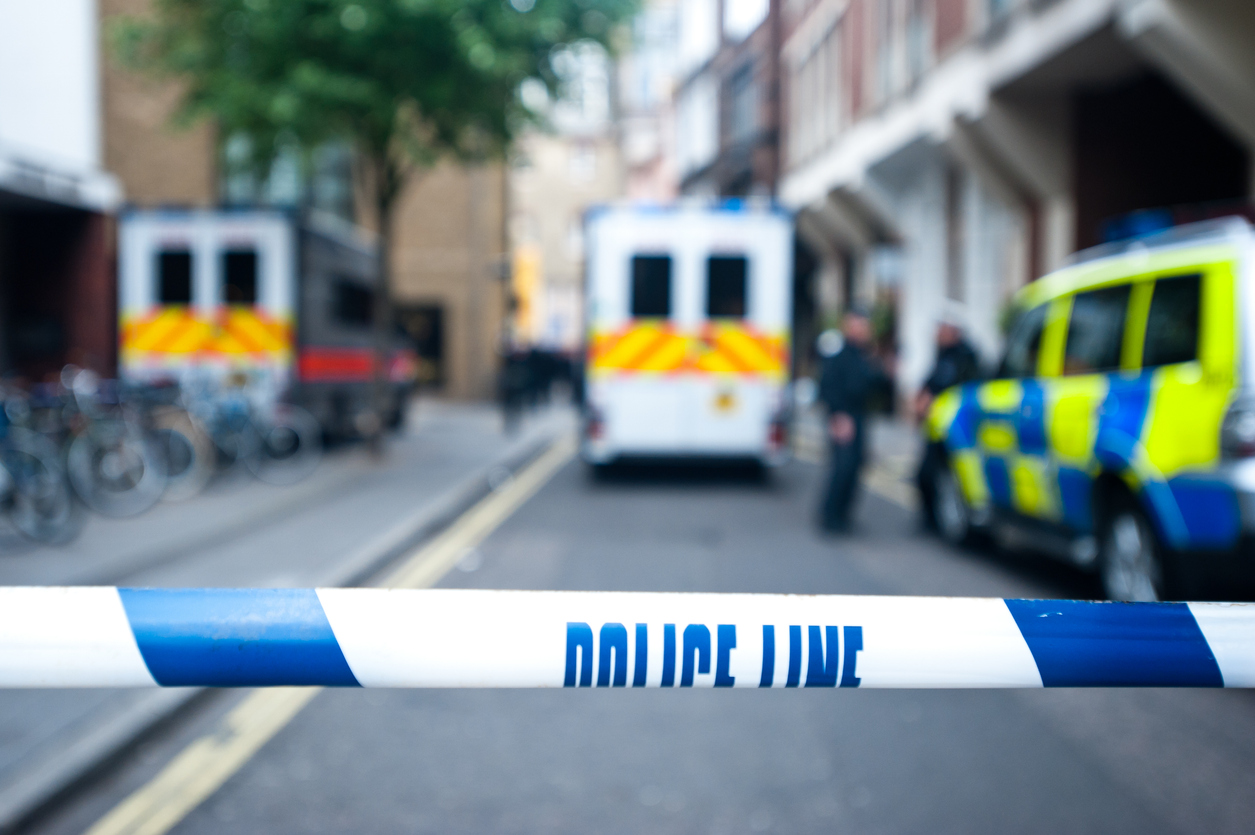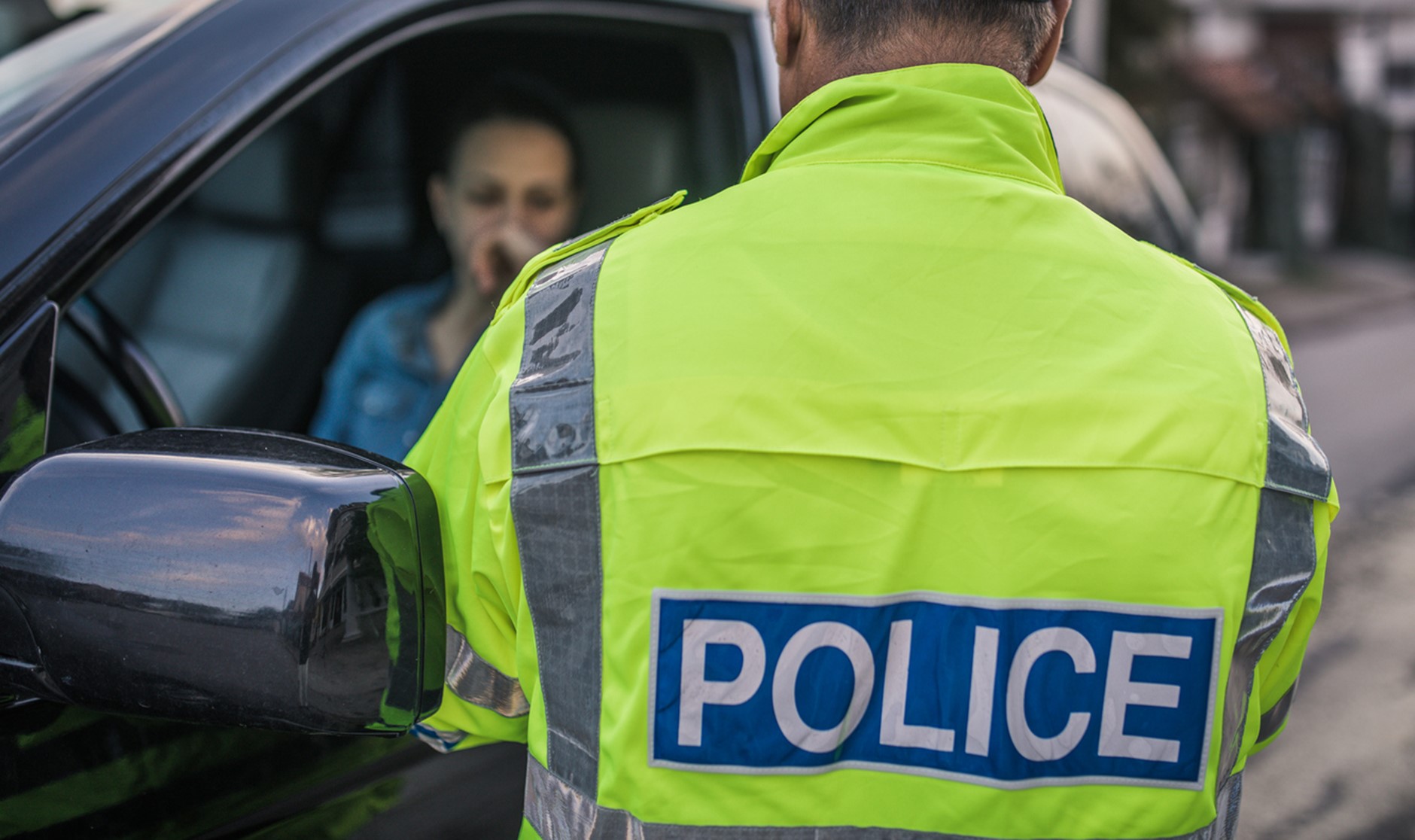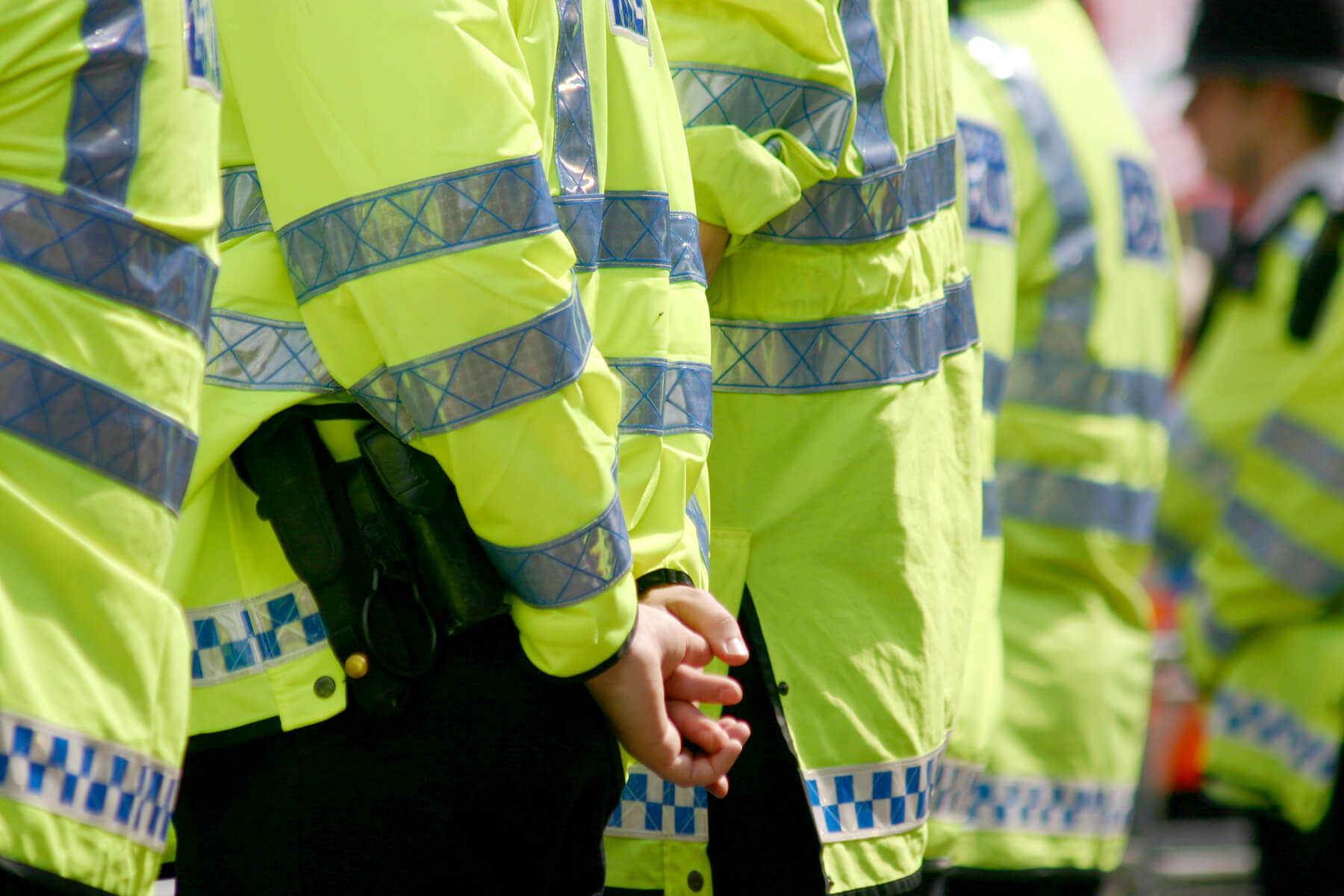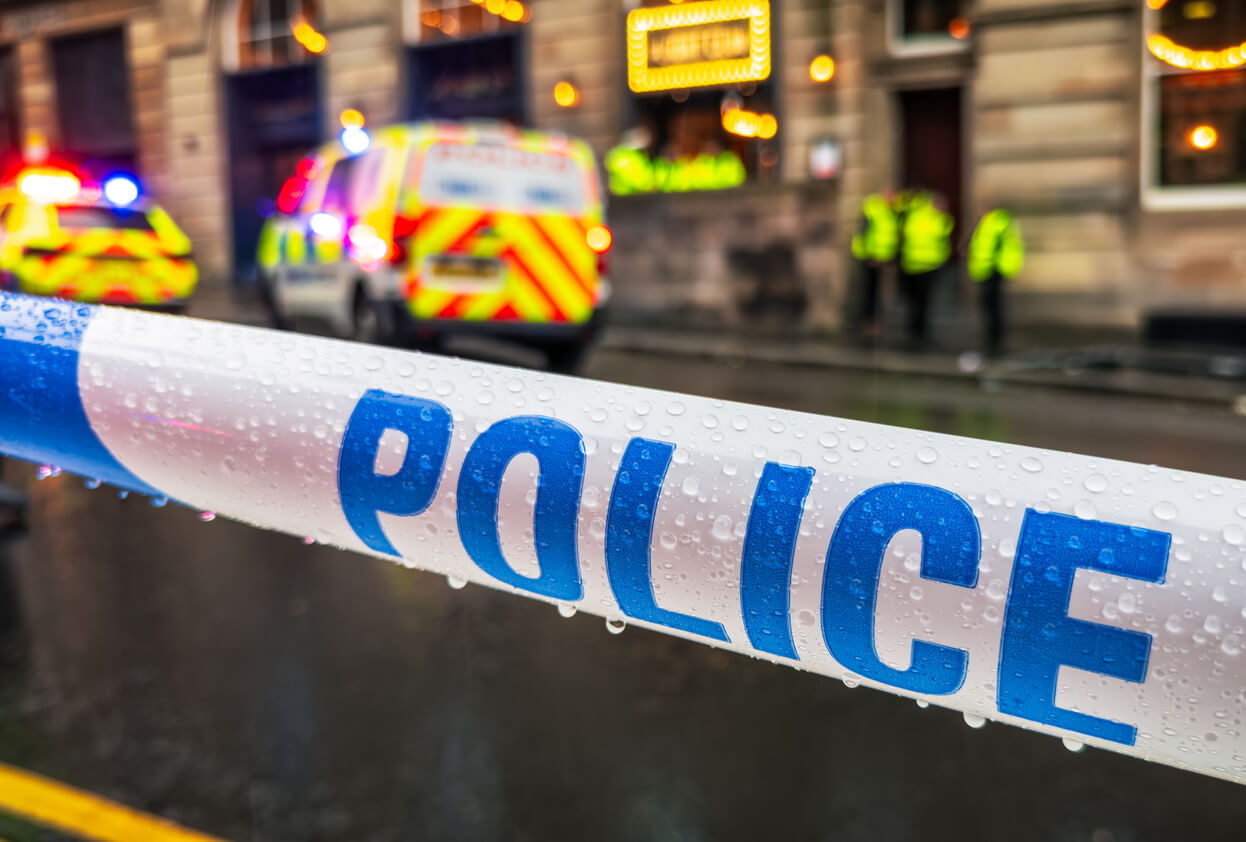How long does it take to get a no further action letter after an arrest?
How long does it take to get a no further action letter after an arrest?
Getting arrested can be a scary prospect, especially if you are released after an arrest under investigation and are awaiting information on whether the police intend to take further action against you. The wait can be agonising, and you may be wondering how long does it take to get a no further action letter after an arrest.
With potential repercussions to your personal life and job, you will want to receive an answer as soon as possible. Unfortunately, there is no set time limit for receiving a no further action letter from the police. The timeframe for receiving a no further action letter after an arrest can vary significantly.
The length of time it takes to receive a no further action letter from the police depends on the complexity of the case and the investigation being conducted. If the CPS needs to review the case, this can further delay the process of you receiving a CPS no further action letter. For more straightforward cases, it may only take a few weeks or months, but with more serious or complex investigations, it could take several months or even years.
In this article, we’re going to explain what a no further action letter is, how long it may take to get a no further action letter after an arrest, what it means when you receive one and what happens after.
What does ‘No Further Action’ mean?
First of all, let’s explain exactly what ‘No Further Action’ means. If you are arrested and subsequently released after a police interview under investigation or released on bail prior to receiving charges, you will either receive a summons to attend court or a no further action (NFA) letter.
No further action, or NFA, essentially means the police have decided not to charge you with an offence. Therefore, you will not have to attend court and will not be charged.
Under what circumstances could I receive a ‘No Further Action’ letter?
There is a variety of reasons you may receive a no further action letter from the police. Such as:
- The police have decided you did not commit the offence.
- The police do not have enough evidence to proceed with the investigation.
- If the suspect is under 18, the police may have spoken with the Youth Offending Team and been directed away from the formal criminal justice system in lieu of something else.
How long does it take to receive a No Further Action letter after an arrest?
There is no set time limit for when you’ll receive a no further action letter after an arrest. In some cases, you may receive the decision of no further action after just a few hours. In others, it can take weeks or even months.
Unfortunately, it depends on how long it takes for the police to carry out an investigation, and this can vary greatly, depending on the case. However, there are several factors that could influence the time it takes for police to investigate and draw a conclusion:
- The complexity of the case: cases that are very serious or involve complex evidence, such as financial crimes that involve analysing a lot of paperwork or those with extensive forensic work, can take a lot longer to conclude.
- The type of offence: less severe offences usually have quicker decisions. More serious offences, where more evidence is needed to support it can take longer.
- CPS involvement: if the Crown Prosecution Service (CPS) need to review the case to determine if there is enough evidence to charge, this can delay the decision.
- Police or CPS capacity: if there are high caseloads or limited resources available to the police or CPS, this can affect how long it takes for them to make a decision, as they can be working on a lot of different things at once.

Does ‘No Further Action’ mean you have a criminal record?
When you are arrested and interviewed by police, they usually gather a range of data from you, such as your name, date of birth, address and even fingerprints and DNA samples in some cases. This information is usually recorded in a local Police Database, which then goes into the Police National Computer (PNC). While the allegation against you may be recorded on the police database, this does not mean you have a criminal record. You should only have a police record if you have been convicted of a crime or received a caution.
However, an outcome of no further action may still appear on your record and show up during an enhanced DBS check. But we’ll discuss more about this later and whether or not you can take action against the police for retaining this data.
How long does ‘No Further Action’ stay on your record?
Police records about individuals remain on the Police National Computer (PNC) until they are 100 years old. Even though you have received an outcome of ‘no further action’, because you were arrested and your data was collected, this could still remain on your police record.
However, this could be unlawful. If you have never been convicted of a crime, received a formal caution and have no unspent convictions, the police may not have reasonable grounds to retain your data, and it should be removed from their database in line with the General Data Protection Regulations. To find out more about whether the police may be unlawfully retaining your data, read our blog on the subject.

What happens after you have received a ‘No Further Action’ letter?
If you receive a no further action letter, this means the police and CPS have made the decision not to bring charges against you, and you are free to go. If you have been remanded in custody, you will be released. If you have been released on bail, you will no longer be on bail or be subject to bail conditions.
It is important to note that even though no charges have been brought against you and you’ve received an outcome of no further action, your personal information and arrest record may still be retained by the police. This could negatively impact your life in many ways, as it can show up on enhanced DBS checks, meaning you may be rejected for potential jobs, housing, and visas, and it can affect travel and even custody arrangements.
You can apply to have your records deleted. However, it is best to instruct the help of experienced solicitors who will be able to fight to get your records removed and even get your compensation for the ordeal you’ve suffered.

Are police allowed to retain my data after a ‘No Further Action’ letter?
If you have received a no further action letter, have never been charged with a crime, and have no cautions, it is unfair for you to be negatively impacted by police unlawfully retaining your data. The police have a duty to ensure any data they collect and store is kept up to date and processed correctly. Under data protection regulations and human rights law, the police should not store your data for longer than is necessary or without a valid reason.
The Data Protection Act 2018 sets out clear principles that govern the collection and storage of personal data for law enforcement purposes. It states that data must be collected and used for some explicit and legitimate law enforcement purpose and that it must not be excessive. The data must be accurate and kept up-to-date, and it should not be retained for any longer than is necessary for the stated purpose.
Recent news stories have brought to light that it’s all too common for police forces across the UK to be unlawfully retaining thousands of people’s data. There are steps you can take to seek redress, though, which include making a civil claim against the police for the unlawful retention of your data.
HNK Solicitors can help with your action against the police claims
If you have received a no further action letter and believe the police may be unlawfully retaining your data, we can help. We have a team of experienced action against the police and data protection solicitors who can help you claim compensation from police forces throughout England and Wales that have retained your data unlawfully.
We can also help if you feel you were mistreated by police, wrongfully arrested, falsely imprisoned, assaulted while in police custody or feel the police were trying to maliciously prosecute you.
The police have a duty to uphold the law, and with this comes certain powers. However, there are strict rules in place to ensure they do not abuse these powers and treat everyone fairly and right. When police abuse these powers, it can be incredibly traumatising for individuals and deeply impact their lives. In these instances, you have the right to claim compensation for the mistreatment suffered.
We help with all actions against the police claims, so if you have ever suffered mistreatment at the hands of police and are wondering, ‘Can I claim against the police?’ get in touch with our team today. We offer free consultations with no obligation to pursue a claim. If we feel you have grounds to make a claim, we can even help on a no-win, no-fee basis.
Get started today by filling in our online claim form, or call us on 0151 271 5387 or email the team at enquiries@hnksolicitors.com.













